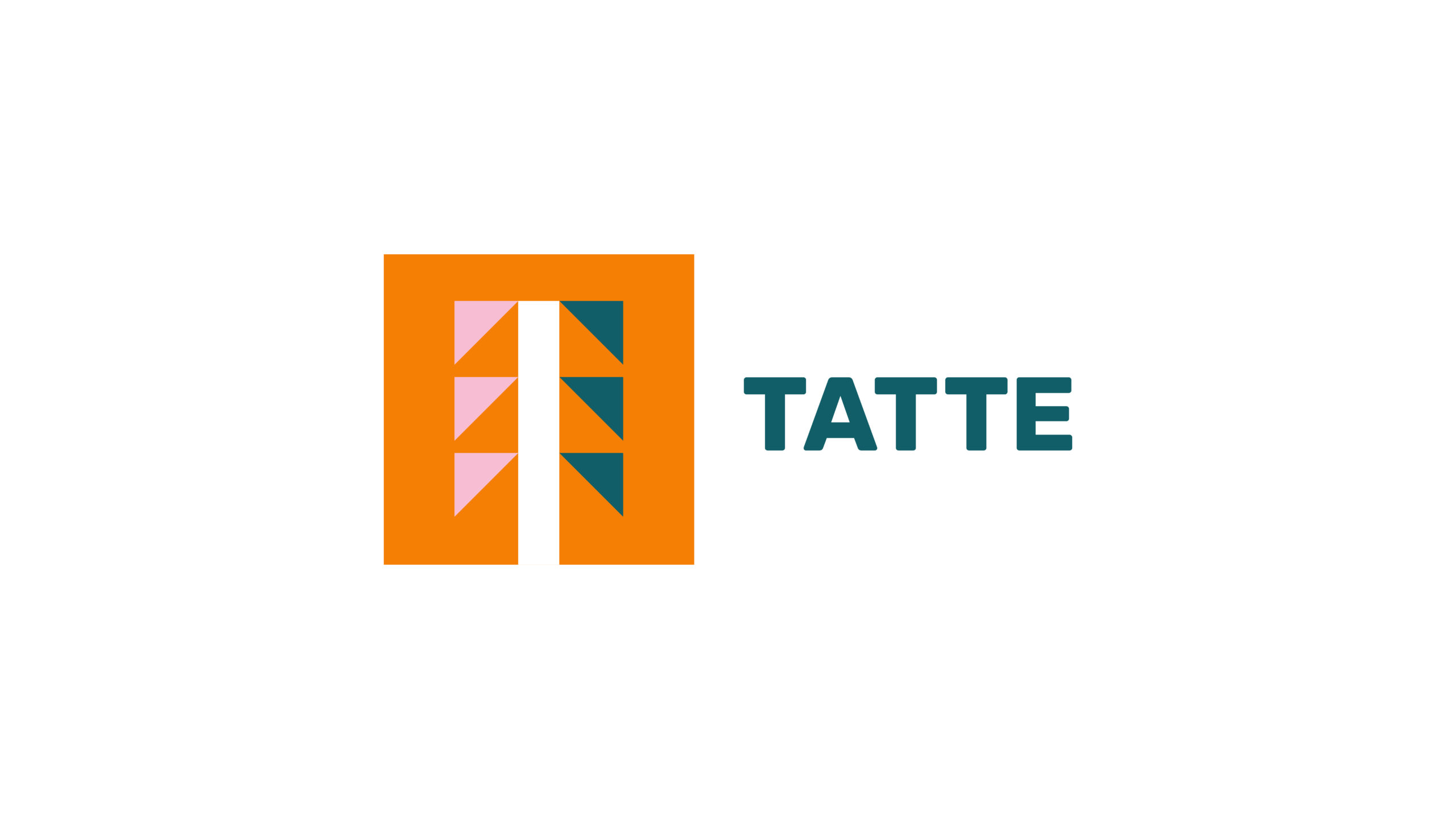The cooperation negotiations involving 1100 members of Tampere University support staff ended in disagreement on Tuesday, 16 November. The negotiations reached an agreement regarding the end-of-employment packages, retirement package and the measures to support re-employment. In the course of the eleven cooperation negotiations, the negotiators representing the employees were not presented with clear financial or operational justifications for the dismissals.
“It is such a pity that the university management did not take on our proposal about a controlled structural renewal. If the program was put into practice, there would be no need for layoffs. The central aim of the renewal we suggested was to secure the essential support needed for the core functions of the university, teaching and research, and thus, to strengthen the financial foundation of the university,” says chief shop steward Sinikka Torkkola, who participated in the negotiations.
FUURT vice-president and TATTE president Sanni Tiitinen also finds it truly regrettable that the employer did not agree to the detailed alternative presented by the negotiators on the employees’ side. “It is evident that the way the employer has now targeted the reductions to support staff will affect the basic functions of the university to their detriment,” notes Tiitinen.
“From the beginning of the negotiations, TATTE was worried about the fact that the negotiations significantly burden employees who have already worked through major changes that have taken place in close sequence over several years. Ending the negotiations in disagreement does not bode well for future cooperation, if the employer and employees have radically different views on the state of such basic matters as university finances,” reflects Mikko Poutanen, a long-time active member in TATTE, now acting as a deputy member of the TATTE board. In addition, Poutanen points out that it is important to closely monitor the accumulation of work previously done by support staff on the teaching and research staff.
TATTE vice president Emilia Luukka, who participated in the background group supporting the negotiators, also sees follow-up as important: “When implementing the changes, it is crucial that the employees’ sense of wellbeing at work and how the way the remaining work is accomplished are followed closely, so that the decisions on moving forward can be made based on the employees’ expertise related to their roles and responsibilities and research-based knowledge.”
The initiative for the negotiations was given by the employer on 13 September, and the actual negotiations began on 21 September. Altogether 11 negotiations were held during the negotiation period. Representing the employees were chief shop stewards Matti Aarnio (JUKO), Arja Liikanen (JHL), Ari Moskari (TaYHY/Pro), Sinikka Torkkola (JUKO), Jarkko Valjakka (JUKO) and Jorma Viikki (TaYHY/Pro) and deputy chief shop stewards Mari Hatavara (JUKO), Jenna Ilomäki (JHL), Terhi Kaarakka (JUKO) and Anu Mastola (TaYHY/Pro). The negotiators were supported by groups of multiple dozens of people from all professional associations of the university as well as the professional unions and central organisations.
“The shop stewards who negotiated on behalf of the employees as well as the people in the background groups supporting the negotiators have invested tremendous amounts of effort into the negotiations and they deserve our sincerest thanks,” says Tiitinen.
